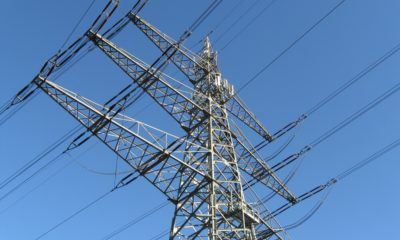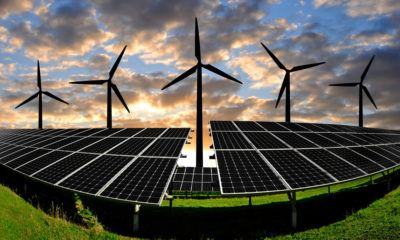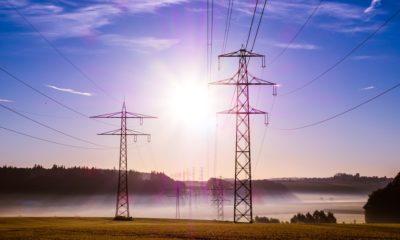Business
The number of direct electricity consumers triples in two years
Direct consumers to the electricity market have tripled their influence in the last two years and now represent 2.5% of national demand. Thanks to a legal loophole, they avoid paying several items, such as the Bono Social or the National Energy Efficiency Fund, and pass it on to the rest of the consumers, increasing their bills; this transfer exceeded $5.4 million (€5 million) last year.
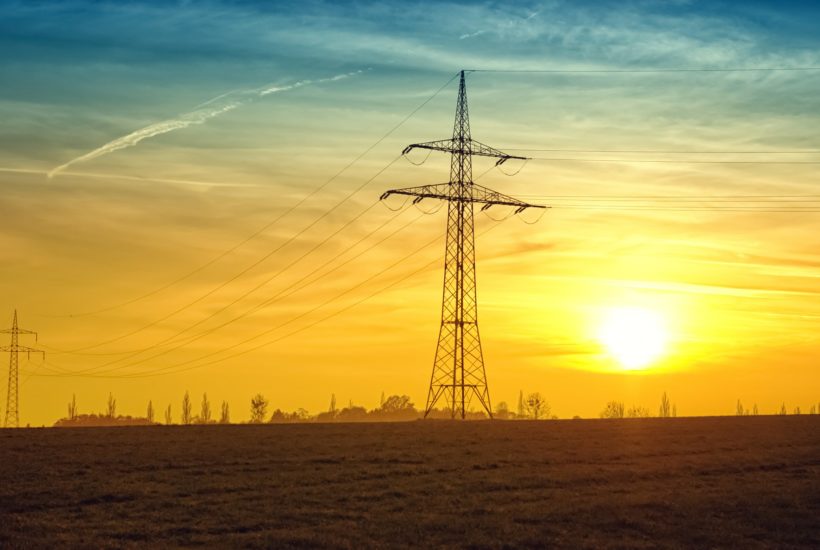
A direct consumer is one who purchases electricity in the wholesale market -also known as a pool-, dispensing with the services of a trading company, after being accredited with the Iberian Electricity Market Operator (Omie) and with the System Operator (REE). In theory, with this it assumes the risk of market price fluctuation – including penalties for deviations – and must be applied in managing this activity, making bids, issuing invoices, showing guarantees.
In exchange for operating directly in the pool, direct consumers are not subject to the marketers’ obligations to contribute to the payment of the Bono Social or to the National Energy Efficiency Fund (FNEE), nor do they pay the municipal tax paid by the municipalities for the supply of energy in their locality, which is equivalent to 1.5% of the total bill, excluding the access toll.
Comparing these advantages and disadvantages, it is assumed that being a direct consumer is only of interest to large companies, with a relevant consumption – over 4 GWh per year – and with the resources to carry out the management in the pool; for example, an industry that is benefiting from the high voltage tariffs of six periods can save around $1.1 (€1) per MWh.
Explore the latest Born2Invest business news: breaking personal finance, company, financial and economic news, plus insight and analysis into the global markets.
260 registered companies
According to Omie’s data, the number of direct consumers has been growing in recent years, reaching 260 at the end of last year, quite close to the 362 registered traders on the free market. And according to data from the National Commission for Markets and Competition (CNMC), from the latest Report on the Retail Electricity Market, if they represented 1.6% of total consumption -3.3% of industrial consumption in 2017-, in 2018 they already demanded 2.5% of the total energy, with 5.1% in the industrial segment.
However, it turns out that the legislation allows direct consumers to hire a third party to operate for them in the pool, a market agent, who may well be a marketer acting as a representative, i.e. by simply changing the cap of its intermediary, they can save on the payment of the obligations linked to the conventional system, without placing an extra burden on them. Without considering the taxes they fail to pay, more than $5.4 million (€5 million) were saved last year alone.
Thus, it is very striking that the number of SMEs registered as direct consumers is growing – in 2018 they represented 0.4% of consumption, twice as much as the previous year – which reveals the growing use of the trick of hiring an agent instead of a marketer.
The case has been denounced by the CNMC for years, insisting that the situation is ‘inconsistent’ with the purpose of the obligations linked to participation in the pool. For example, the European energy efficiency regulations – from which the FNEE is derived – aim to maximize the potential for energy savings, by applying an integrated approach to all energy consumption, without exception.
The Regulator insists that in order to avoid “discriminatory treatment” – there is no way to justify that some pay the Bono Social and others don’t – the legislation should be changed to extend all the obligations linked to demanding energy in the pool to all subjects, regardless of the legal classification with which it is done.
He added that this regulatory change “would prevent the cost of the Social Bond and the contribution to the Energy Efficiency Fund from being financed by an increasingly smaller group that was supplied by the marketers,” adding that “with the corresponding implication of price increases or explicit payments, in the bills of their customers.”
__
(Featured image by Nicole Köhler from Pixabay)
DISCLAIMER: This article was written by a third party contributor and does not reflect the opinion of Born2Invest, its management, staff or its associates. Please review our disclaimer for more information.
This article may include forward-looking statements. These forward-looking statements generally are identified by the words “believe,” “project,” “estimate,” “become,” “plan,” “will,” and similar expressions. These forward-looking statements involve known and unknown risks as well as uncertainties, including those discussed in the following cautionary statements and elsewhere in this article and on this site. Although the Company may believe that its expectations are based on reasonable assumptions, the actual results that the Company may achieve may differ materially from any forward-looking statements, which reflect the opinions of the management of the Company only as of the date hereof. Additionally, please make sure to read these important disclosures.
First published in elEconomista.es, a third-party contributor translated and adapted the article from the original. In case of discrepancy, the original will prevail.
Although we made reasonable efforts to provide accurate translations, some parts may be incorrect. Born2Invest assumes no responsibility for errors, omissions or ambiguities in the translations provided on this website. Any person or entity relying on translated content does so at their own risk. Born2Invest is not responsible for losses caused by such reliance on the accuracy or reliability of translated information. If you wish to report an error or inaccuracy in the translation, we encourage you to contact us.

-

 Crowdfunding1 week ago
Crowdfunding1 week agoPMG Empowers Italian SMEs with Performance Marketing and Investor-Friendly Crowdfunding
-
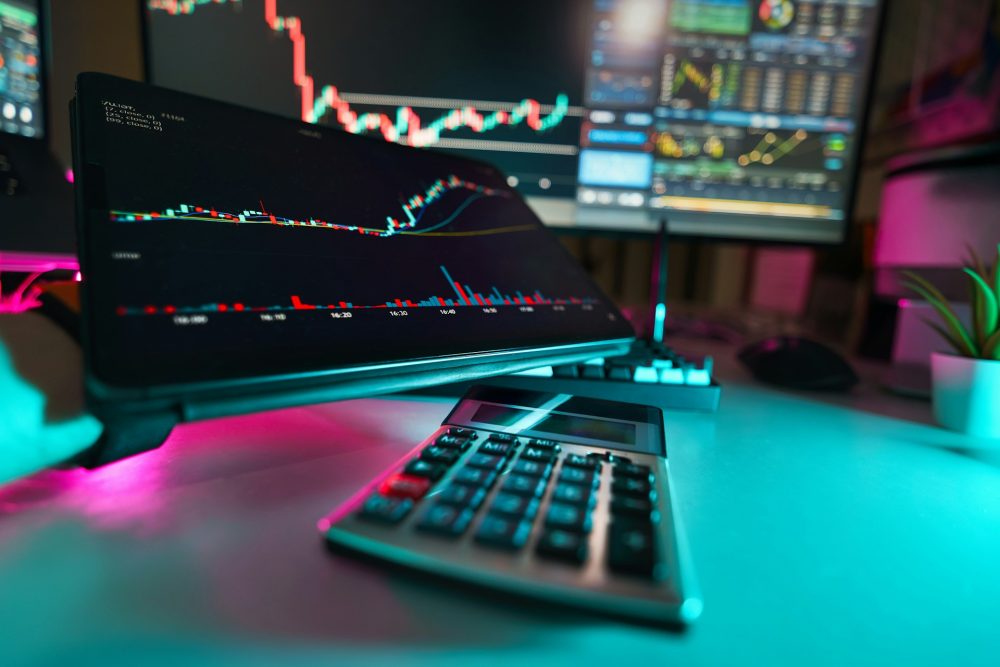
 Markets5 days ago
Markets5 days agoMarkets Wobble After Highs as Tariffs Rise and Commodities Soar
-

 Markets2 weeks ago
Markets2 weeks agoThe Big Beautiful Bill: Market Highs Mask Debt and Divergence
-

 Africa2 days ago
Africa2 days agoORA Technologies Secures $7.5M from Local Investors, Boosting Morocco’s Tech Independence




